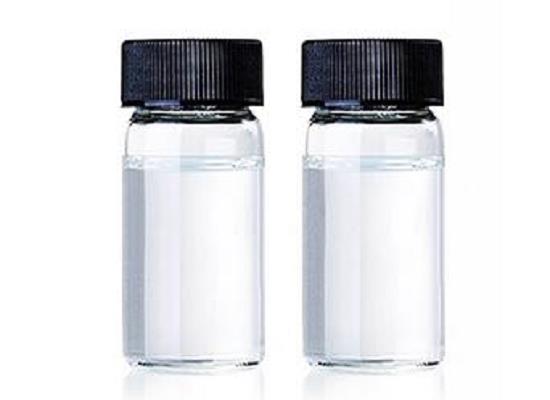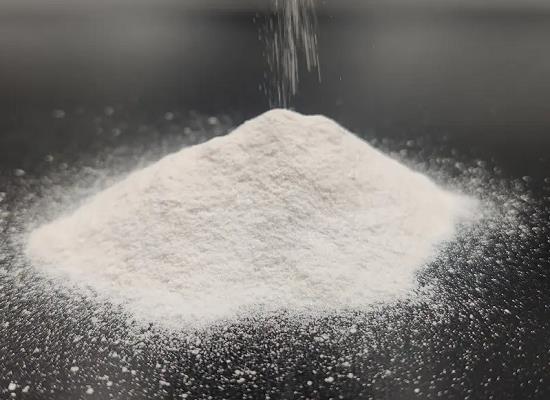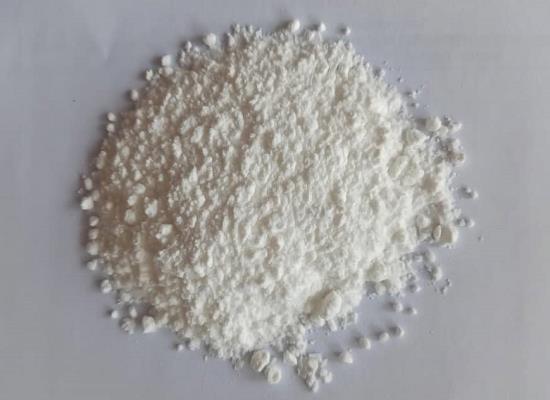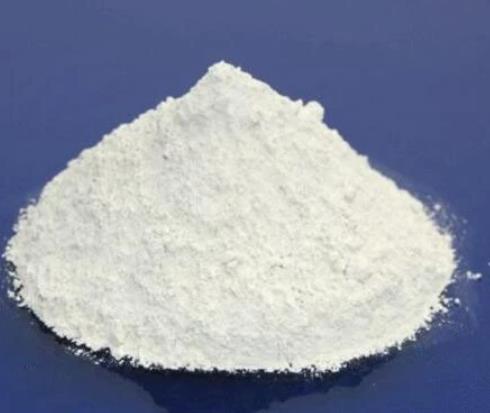Active Pharmaceutical Ingredients (API), popularly speaking, are the raw materials of medicines, only pharmaceutical raw materials are processed into pharmaceutical preparations , can they become medicines available for clinical use, so drugs we usually eat are the finished drugs through processing. Active Pharmaceutical Ingredients based on its sources can be divided into two major categories ,including chemical synthetic drugs and natural chemical drugs. Chemical synthetic drugs can be divided into organic synthetic drugs and inorganic synthetic drugs. Inorganic synthetic drugs are inorganic compounds ( very few is element), such as aluminum hydroxide, magnesium trisilicate which are used for the treatment of gastric and duodenal ulcers ; organic synthetic drugs are mainly composed of drugs made by basic organic chemical raw materials, through a series of organic chemical reactions (such as aspirin, chloramphenicol, caffeine, etc.). Natural chemical drugs ,based on its sources,can be divided into two categories including biochemical drugs and plant chemical drugs. Antibiotics are generally made by the microbial fermentation, which belongs to the biochemistry category. A variety of semi-synthetic antibiotics occurs in recent years,which are biosynthesis and chemical synthesis combining products.Among active Pharmaceutical Ingredients, the organic synthetic drugs varieties, yields and values have the largest proportion,which are the main pillars of the chemical and pharmaceutical industries. The quality of active Pharmaceutical Ingredients decides whether the formulation is good or bad , so its quality standards are very strict ,countries in the world have developed national pharmacopoeia standards and strict quality control methods for its widely used active Pharmaceutical ingredients.
What is the drug carbasalate calcium used for?
Carbasalate calcium also known as ASCAL, is a drug that merges the therapeutic properties of aspirin and calcium acetylsalicylate, predominantly marketed under various trade names such as Ascal and D
Oct 22,2024 APIPromethazine Hydrochloride: Overview
Promethazine hydrochloride is used to prevent and treat nausea and vomiting related to certain conditions (such as before/after surgery, motion sickness). It is also used to treat allergy symptoms suc
Oct 22,2024 API2-Methylaminoethanol: Applications and Toxicity Summary
2-Methylaminoethanol is widely utilized in electronics, textiles, and pharmaceuticals for its versatile properties despite significant health risks, requiring stringent safety protocols.
Oct 22,2024 APIGlufosinate-Ammonium: Discovery and Physicochemical Properties
Glufosinate-ammonium is a highly effective herbicide, which is predominantly consumed in the regions located in the USA, China, Europe, Northeast Asia and South America.
Oct 22,2024 APIFerrous Fumarate: Use in Fortify Foods and Absorption in Young Children
Ferrous fumarate, though endorsed by WHO for food fortification, faces concerns due to lower bioavailability compared to ferrous sulphate, prompting ongoing research into alternative iron sources.
Oct 22,2024 APIMetandienone: Pharmacology and Therapeutic Uses
Metandienone is an anabolic steroid commonly added to dietary supplements indicated for appetite stimulation in patients with anorexia nervosa.
Oct 22,2024 APIUrsodeoxycholic Acid: History and Clinical Applications in Cancer Prevention
Ursodeoxycholic acid exhibits cytoprotective effects in cancer prevention by modulating cellular pathways and inhibiting apoptosis, offering promising anticancer potential.
Oct 22,2024 APITianeptine: A Comprehensive Overview
Tianeptine is a tricyclic antidepressant that has been approved in a number of European, Asian and Latin American countries for the treatment of multiple depressive disorders, particularly in patients
Oct 22,2024 APIUnveiling Doxycycline Hyclate: An In-Depth Analysis
Doxycycline hyclate, a widely recognized and utilized antibiotic, plays a crucial role in the medical and chemical fields.
Oct 22,2024 APIVitamin D3: Mechanism of Action and Role in Folliculogenesis Regulation
Vitamin D3 regulates gene expression via vitamin D receptor and MARRS, crucial for female fertility by influencing folliculogenesis and oocyte maturation.
Oct 22,2024 API












